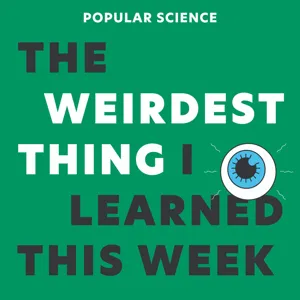Today we’re diving into the world of tomatoes, one of the most consumed ‘fruits’ globally with a rich heritage and mixed opinions on whether it’s healthful or harmful?
I’m always asked whether patients should be eating nightshade family ingredients, whether it can excerbate athritis symptoms, cause stomach acid and even IBS.
So today we’re going into the benefits of tomatoes, the compounds we find in them and how to get the most out of this nutrient rich ingredient with food pairings, processes and more!
If you love this kind of deep dive you’ll love the Seasonal Sunday’s newsletter that the team and I put together each week that dives into a seasonal ingredient, it’s history, nutritional medicine benefits and how to use it in the kitchen.
🎬 Watch the podcast on YouTube here
📱 Download The Doctor’s Kitchen app for free
You can download The Doctor’s Kitchen app for free to get access to all of our recipes, with specific suggestions tailored to your health needs and new recipes added every month. We’ve had some amazing feedback so far and we have new features being added all the time - check it out with a 14 day free trial too.
Do check out this week’s “Eat, Listen, Read” newsletter, that you can subscribe to on our website - where I send you a recipe to cook as well as some mindfully curated media to help you have a healthier, happier week.
🥗Join the newsletter and 7 day meal plan
🍓Seasonal Sundays Newsletter!
📷 Follow on Instagram
🐦 Tweet me
We would love to get your feedback on the subject matter of these episodes - please do let me know on our social media pages (Instagram, Facebook & Twitter) what you think,and give us a 5* rating on your podcast player if you enjoyed today’s episode.
Hosted on Acast. See acast.com/privacy for more information.







